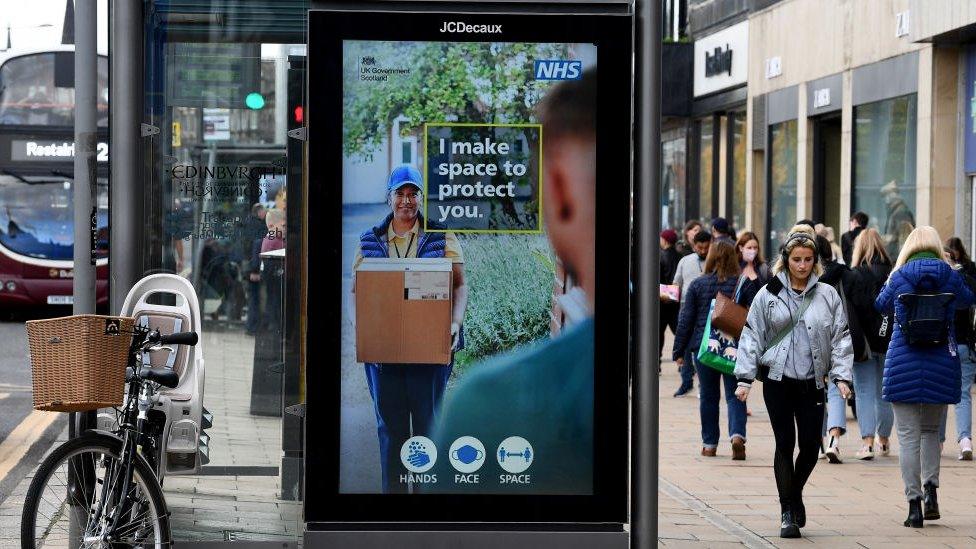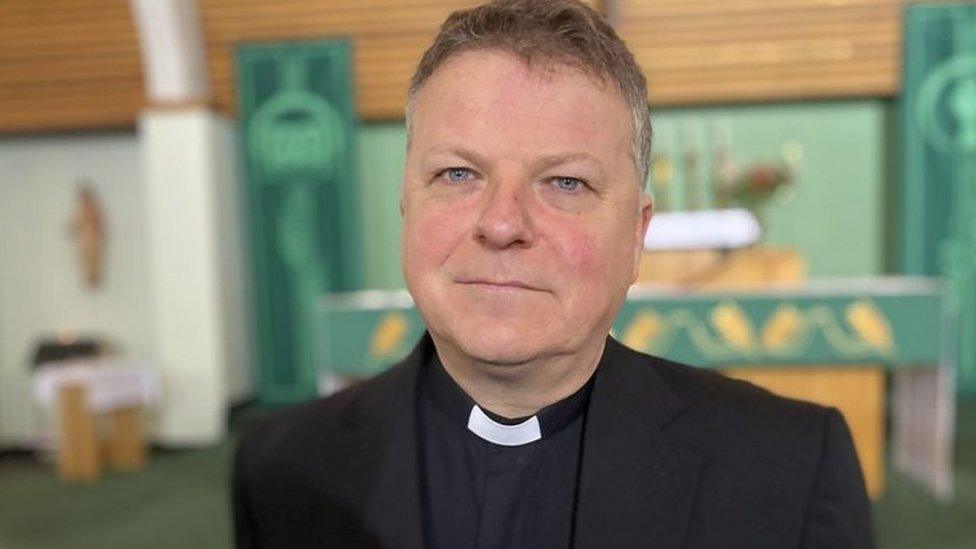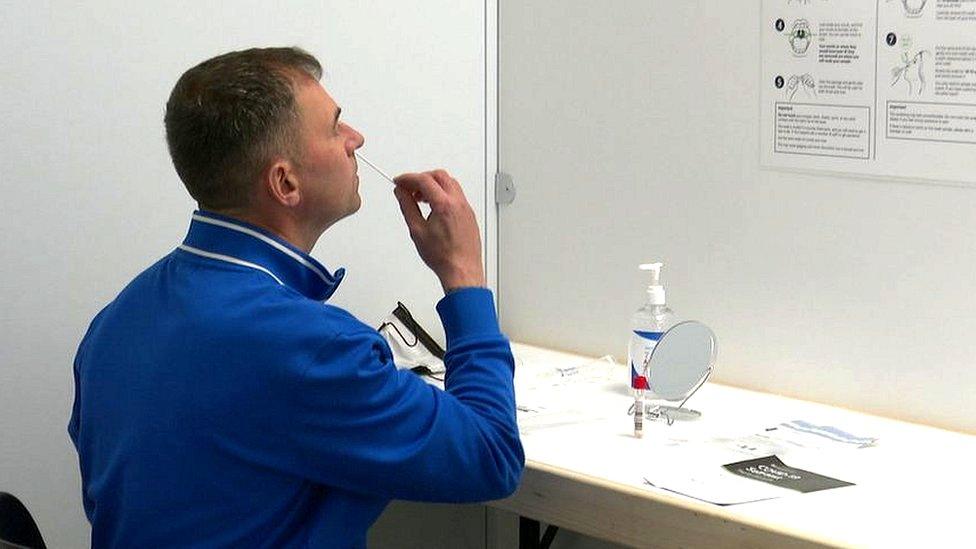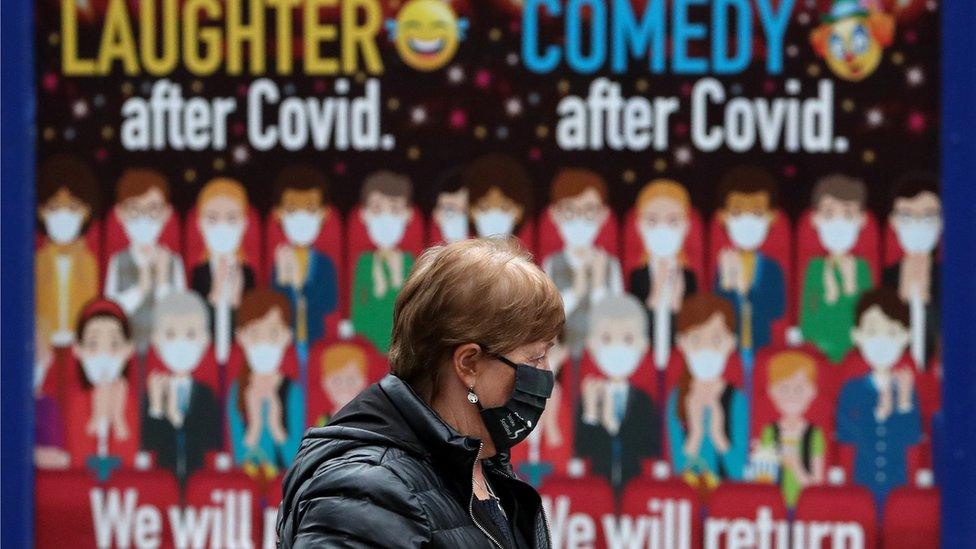Covid: New infections in Scotland increase by 1,303
- Published

Scotland has recorded 1,303 new coronavirus infections in the past 24 hours.
The daily statistics from the Scottish government showed the most affected health boards were Greater Glasgow and Clyde with 437 new cases and Lanarkshire with 341 new cases.
Lothian had 155 infections and Ayrshire and Arran recorded 132 new cases.
The death of one more person who had tested positive for the virus has been registered.
However, register offices are now generally closed at weekends.
The number of new cases represents 19% of newly tested individuals.
The daily update showed that 86 people were in intensive care with recently confirmed Covid-19 on Saturday, that is two more than the previous day. And a total of 1,016 people were in hospital, an increase of 31.
Of the 18,026 new tests carried out that reported results, 7.9% of these were positive.
The death toll under the measure of people who first tested positive for the virus within the previous 28 days has risen to 2,700.
Earlier, the UK's national statistician said there was "no question" that the UK was experiencing a second wave of coronavirus cases.
Professor Sir Ian Diamond, from the Office for National Statistics (ONS), told the BBC's Andrew Marr show: "I think there is no question we are in a second wave. We are seeing infections rise very quickly."
'Relatively high level'
He said that in England about one in 130 people had the virus, with estimates for Scotland and Wales being "a little lower" and in Northern Ireland "a little higher".
Asked if recent data suggesting a slowing growth in cases meant the country would leave a second wave earlier than previously expected, he said: "I'd very much like to hope so. However, I am extremely nervous about taking just initial data and pushing things forward, and say 'it's fine'.
"Because, let's be clear, we might see the rate of increase slow a little as we get further data over the next few weeks, but we're still at a relatively high level. What we really need to do is to bring that level down.
"Even if we were to get R in the north to around about one, it would continue to have infections at a high rate.
"I really do think it's too early to say on slowing down."


- Published25 October 2020

- Published26 October 2020

- Published24 October 2020

- Published8 December 2020
